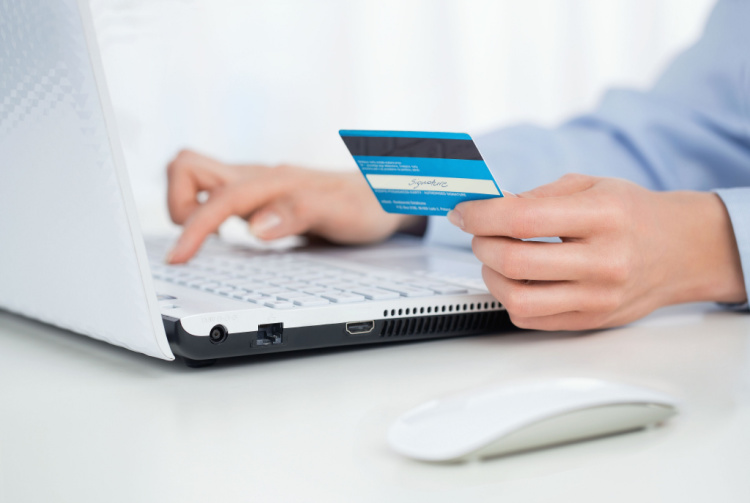What’s The Difference Between Credit Cards And Personal Loans?
You need money, that much you’re sure of. What you’re not clear on is whether you should look to a credit card or a personal loan to address your money issue. Knowing the difference between these two types of money lending options can help you determine which one you should choose, and which one will benefit you the most.

Understanding The Differences Between Credit Cards And Loans
Credit cards and personal loans are types of unsecured loans, meaning that they don’t require collateral. Either one can be used for almost any type of personal purchase, but differences exist between the two.
A credit card is a form of revolving debt: When you open a card, you’re initially given a credit limit, which acts as a fund you can borrow from as many times as you want. Whenever you pay your credit card bills, funds are freed up so that you can borrow against the limit for which you’ve been approved. You’re able to borrow with a credit card (and stay in debt) indefinitely as long as you don’t exceed your credit limit.
A personal loan is disbursed in one lump sum, which typically ranges between $1,000 and $100,000. You agree to pay back the sum in equal installments over a predetermined period of one to seven years.

Choose A Credit Card When…
You’re Looking To Earn Rewards – Some credit cards offer rewards programs that enable you to earn cash back, airline miles, or other types of rewards when you make purchases with your card. In some instances, if you meet a spending requirement within the first few months of opening a new credit card you’ll be eligible for sign-up bonuses that could total hundreds of dollars or more.
You’re Financing Smaller Expenses – Whenever you swipe your credit card, you’re essentially taking out a mini-loan, and you can take out as many of these mini-loans as you like until you reach your credit limit. When you pay off these mini-loans, you can continue borrowing, again and again and again. This type of debt system allows you to conveniently manage everyday spending and smaller purchases.
You Can Pay Your Balance Each Month – Unless you’re able to take advantage of a 0% APR credit card offer, you should use a credit card only for those expenses you’ll be able to repay in full each month. Carrying a monthly balance is an extremely expensive way to borrow money. In May 2021, for example, the average credit card APR was a whopping 16.15%, and this figure can go even higher if you have poor credit. The good news? If you pay off your balance in full each month, no interest is charged and essentially you’re getting a short-term loan for free.
You Qualify For A 0% Promotional Offer – Some credit cards offer an enticing introductory interest rate of 0% — and that offer can be in effect from six to 20 months. During that promotional period, you’ll be able to borrow money for free. You can use the promotional period to make large purchases or consolidate small debts without incurring interest.
You Want To Improve Your Credit History – If you have poor or fair credit, you may want to consider applying for a credit card so that you can build your credit history. But a word of caution: Be certain you can manage the monthly credit card payments, otherwise you may find yourself missing payments and damaging your credit history rather than improving it.

Choose A Personal Loan When…
You’re Looking To Finance A Significant, One-Time Expense – In general, personal loans have a one-year minimum term, which makes them a good choice for large purchases that will take longer than one year to pay off. If you decide to use a personal loan for a purchase you can pay off in less than a year, you’ll end up paying unnecessary interest.
You’re Consolidating High-Interest or Large Debts – If you have multiple high-interest loans, you most likely can save money by taking out a personal loan and paying them off all at once. You’ll end up paying less interest, and in addition, you’ll have only one easy-to-manage monthly payment to make.
You Can Make Long-Term Monthly Payments – Consider all of the payments that you’re making on a monthly basis, and ask yourself if you can add another without tipping your finances into the ‘difficult to manage’ column. You don’t want to add a personal loan payment to your other financial obligations if you can’t manage it over the long haul. Be aware that any missed payments on a personal loan will impact your credit score.
You’re Eligible For A Low APR – Personal loan interest rates can vary widely; consequently, taking out a personal loan might only make good financial sense if you qualify for a low rate. Ultimately, your eligibility for a low loan rate is determined by several factors, including your debt-to-income ratio, credit history, employment status, and other factors that indicate your overall creditworthiness.
